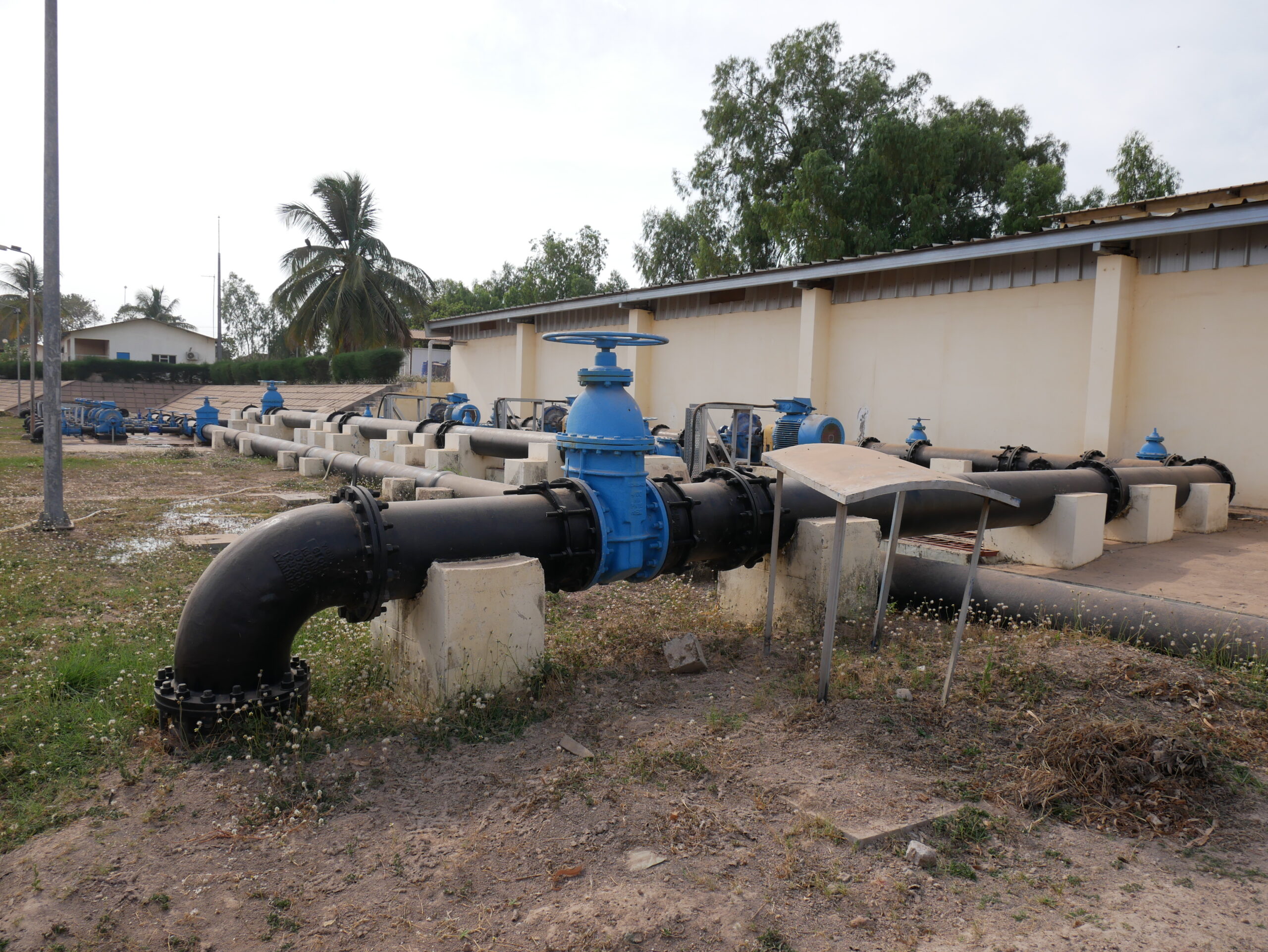Since 2018, the National Water and Electricity Company of Gambia (NAWEC) has launched the WASIB project, funded by AFD, to address key issues in urban water supply. NAWEC is committed to tackling the challenges facing Banjul’s water sector, from aging water distribution facilities to high levels of unbilled water. By initiating this project, NAWEC aims to address the degradation of groundwater resources (in terms of quality and quantity) as well as issues of water distribution intermittency. Since 2023, Watura has been supporting NAWEC employees in their ongoing technical training.
The greater Banjul region: challenges and perspectives in water and sanitation
Gambia is divided into eight local government areas (LGA), including the city of Banjul and the Kanifing municipality. Together with parts of the Brikama LGA, they form the Greater Banjul Region (GBA), covering approximately 1,000 km², or 9% of the country’s total area. As the capital, Banjul is at the heart of rapid urbanization and significant population growth, which creates major challenges in access to infrastructure and services.
To address the pressing issues in the urban water sector, NAWEC has launched a project to tackle several challenges: aging distribution facilities, high levels of unbilled water, groundwater degradation, and the intermittency of distribution. The water supply and sanitation systems in Banjul are often inadequate and outdated, leading to serious sanitation and public health issues. While the water treatment plant manages to supply water to the majority of residents, some areas still rely on wells or other alternative sources (Hutton and Chase, 2017).
Strengthening the operational staff’s capacity is a key element in improving the quality of service provided to users.
An ambitious program to revitalize NAWEC
To address the challenges in the water sector, NAWEC has set several objectives within the WASIB project.
The main objectives of the WASIB project include improving the availability of drinking water in the Greater Banjul Region, enhancing the quality of services provided by NAWEC, achieving financial balance in the urban water supply industry, and supporting NAWEC to strengthen its capacity as a municipal water service provider.
“The training was successful and very educational. It improved my skills.”
– A.W. Jallow
To contribute to these ambitions, WATURA was selected for its expertise in developing solutions aimed at training a larger number of technicians more quickly and cost-effectively in the potable water and sanitation sector. The goal is also to harmonize and ensure the quality of the skills transfer.
“The training was good and completed on time. Very interactive and interesting.”
– S. Camara
In this context, WATURA has been tasked to focus on training. The WATURA team examined the job descriptions and organizational charts of the various departments to construct a matrix of NAWEC staff activities, considering specific training needs. A WATURA expert then assessed the current skills of employees to propose a tailored training program. Once this program was validated, NAWEC staff received in-person training from WATURA trainers, as well as online sessions via a training platform.
“My knowledge and skills have undoubtedly improved.”
Focus on WATURA's customized training plan for NAWEC
Watura has conducted a transformative capacity-building project in Banjul, carefully designed to enhance the skills of NAWEC staff.
50
Customized online training
61
Users
+432
Learning hours
“The platform design is simple and very user-friendly.”
Through comprehensive skills mapping, the team developed targeted learning pathways aligned with qualification levels, job profiles, staff aspirations, and budget availability. This collaborative capacity-building plan outlines a variety of training modules and formats, including digital, on-site, and work-based training. The 10 training courses cover essential topics such as project and contract management, management of unbilled water, water quality control, chlorination system maintenance, energy efficiency optimization, and preventive maintenance, ensuring comprehensive support for NAWEC’s operational challenges.
“It’s a very good learning platform and the courses are rich.”
Moreover, the WATURA platform serves as a vital resource, providing training materials to learners before, during, and after on-site sessions, thus facilitating large-scale knowledge sharing. Watura developed a white-label platform specifically for NAWEC, leading to the creation of the site (nawec.watura.co), which currently offers 50 trainings. In January 2023, Watura opened 61 accounts for the NAWEC team, enabling them to acquire the knowledge and skills necessary for their success. In total, there are over 432 hours of viewing and 308 courses now validated by NAWEC users.
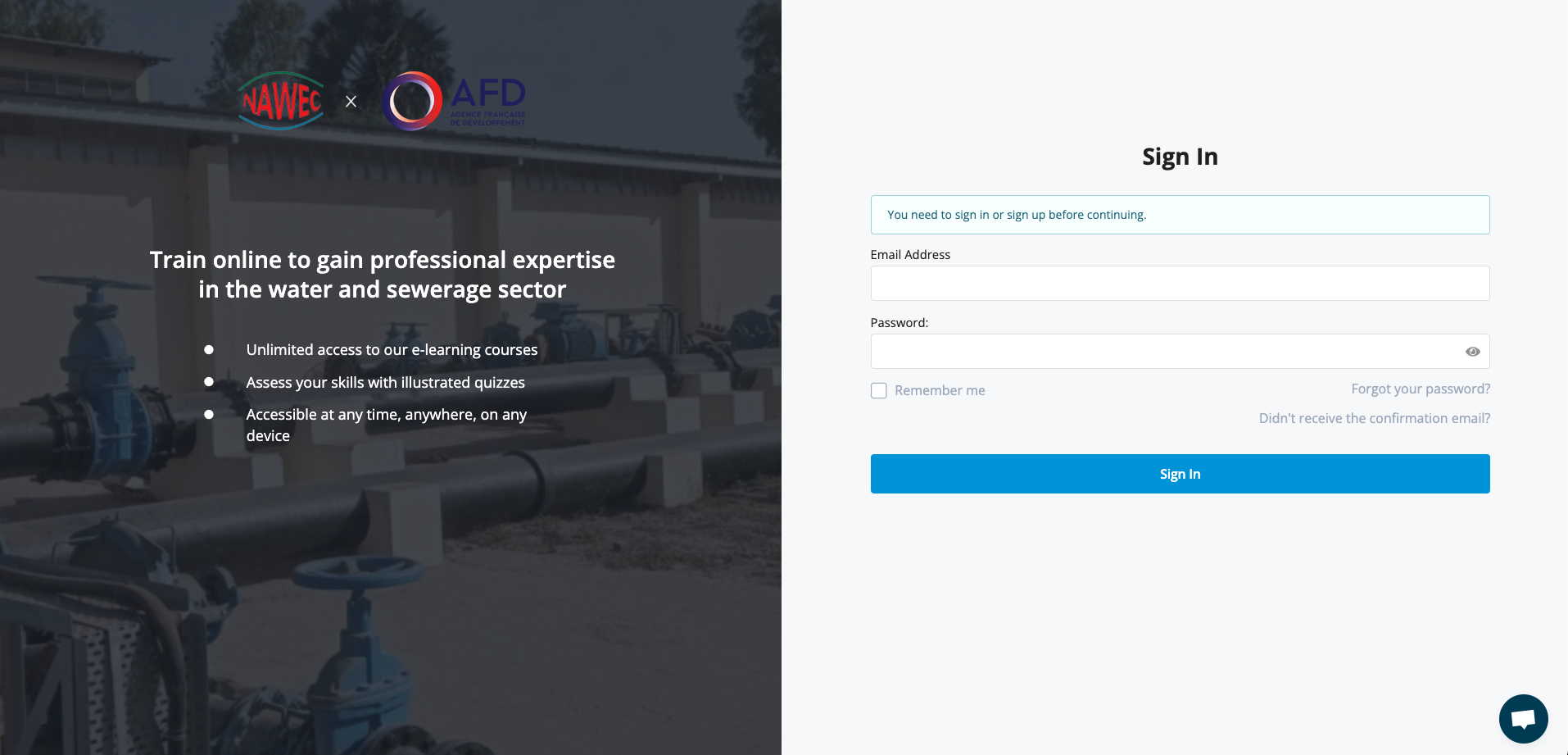
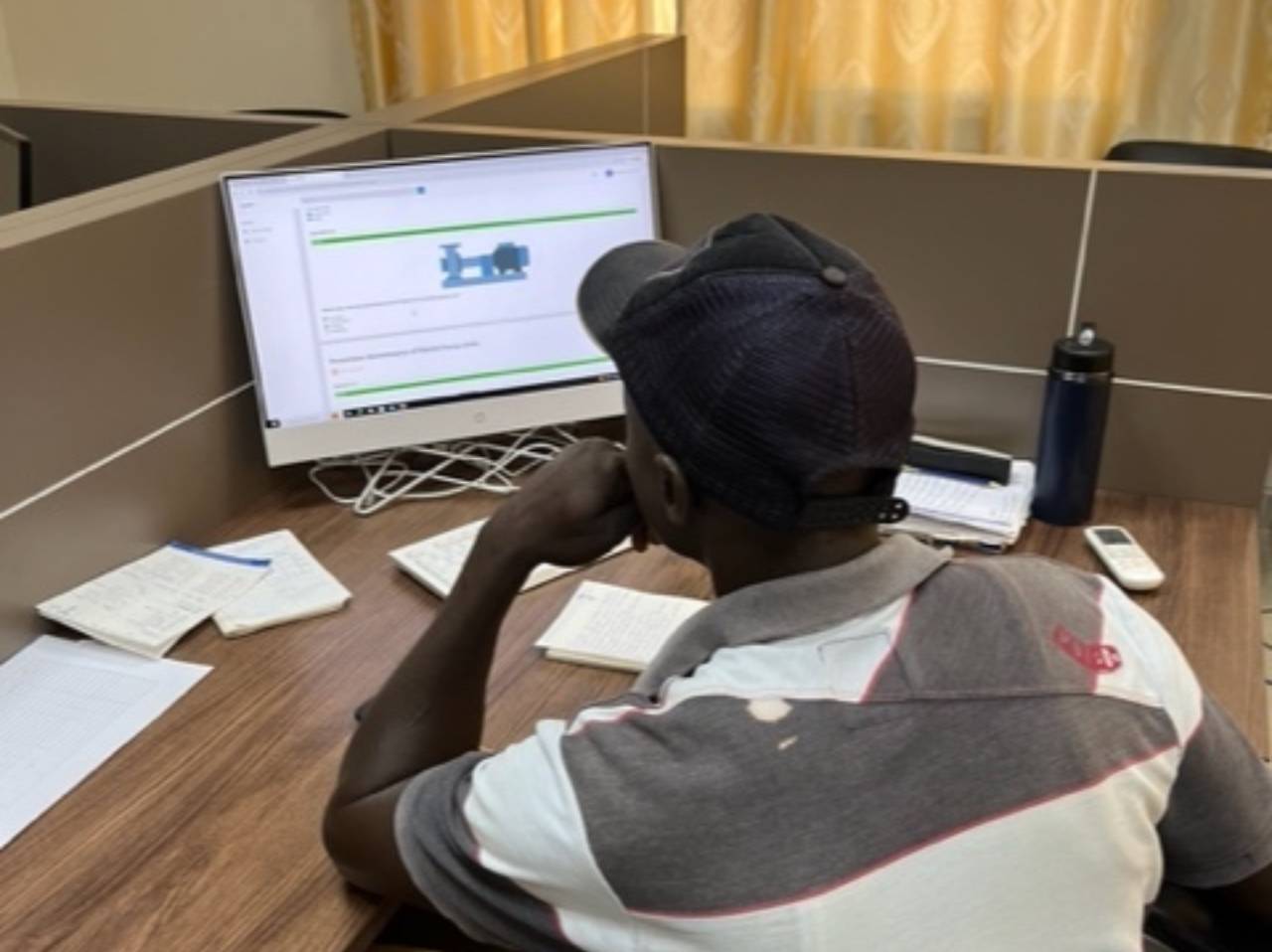
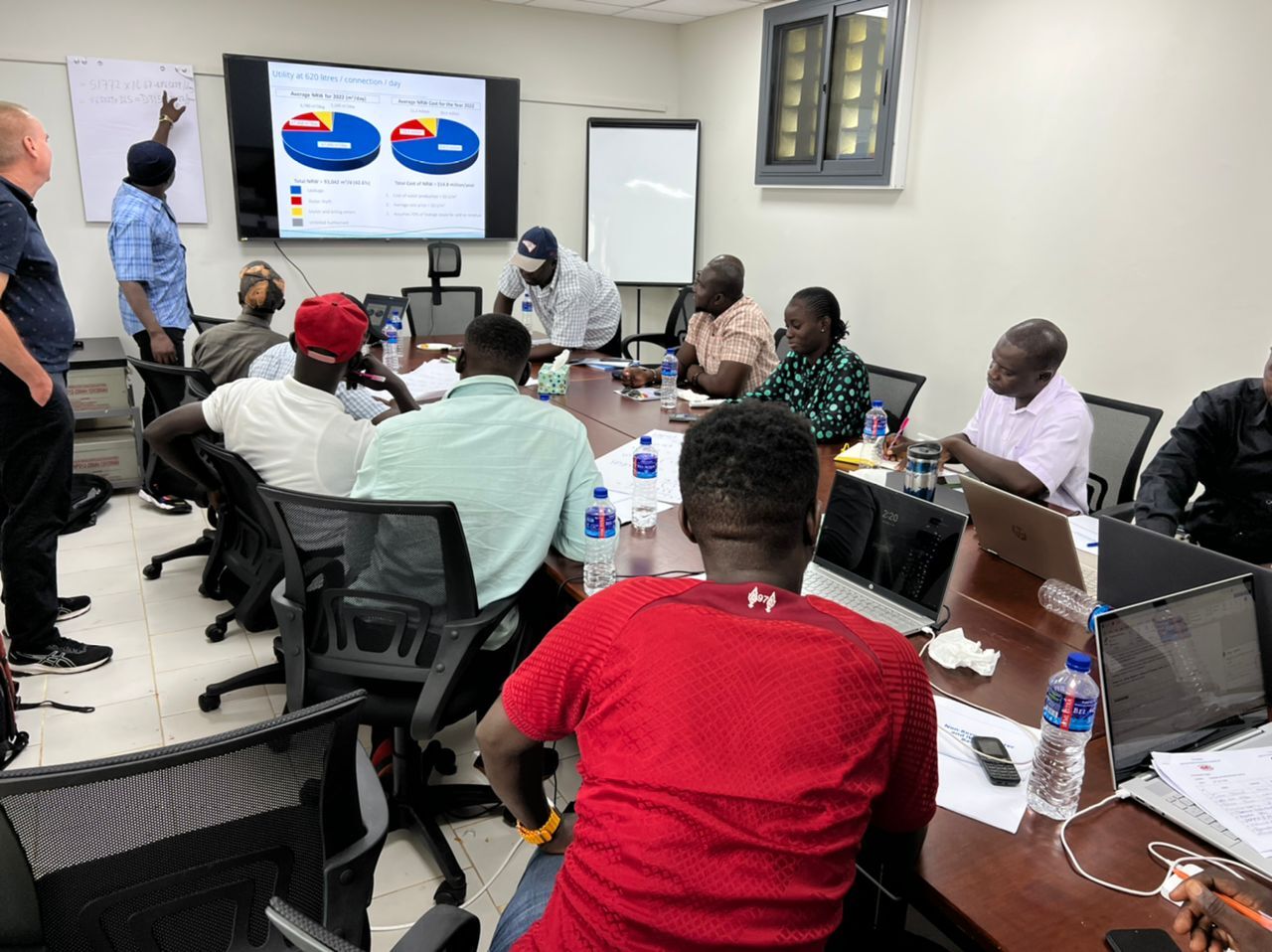
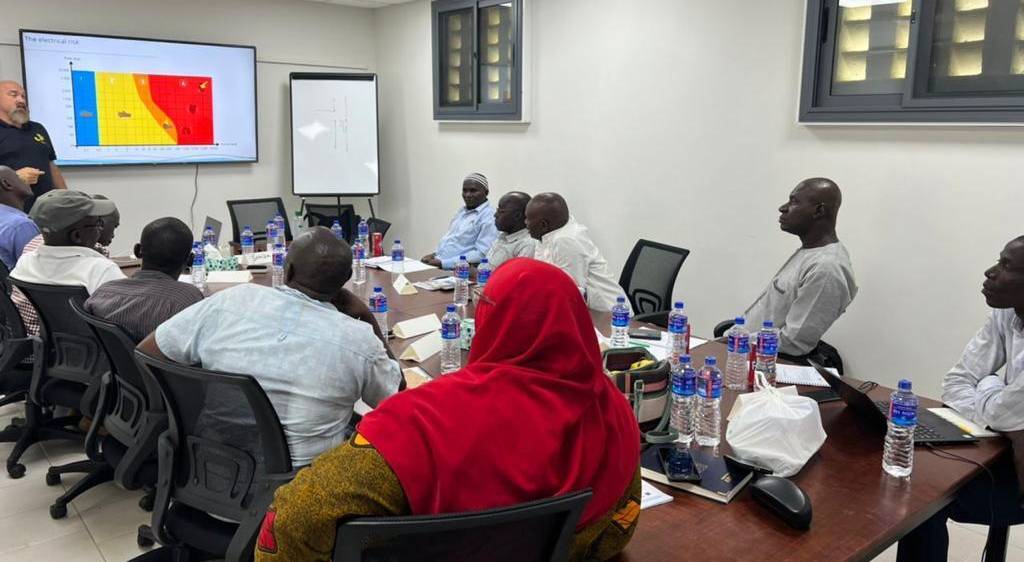
Sources:
- Adewolu, Adeoye. (2023). Sustainability in African Cities: A Review of Banjul, the Gambia. 12. 133-144.
- Hutton, G., & Chase, C. (2017). Water Supply, Sanitation, and Hygiene – NCBI Bookshelf. In C. N. Mock, Injury Prevention and Environmental Health. 3rd Edition. Washington (DC): The International Bank for Reconstruction and Development / The World Bank.
Par Damia Tarmoul.

